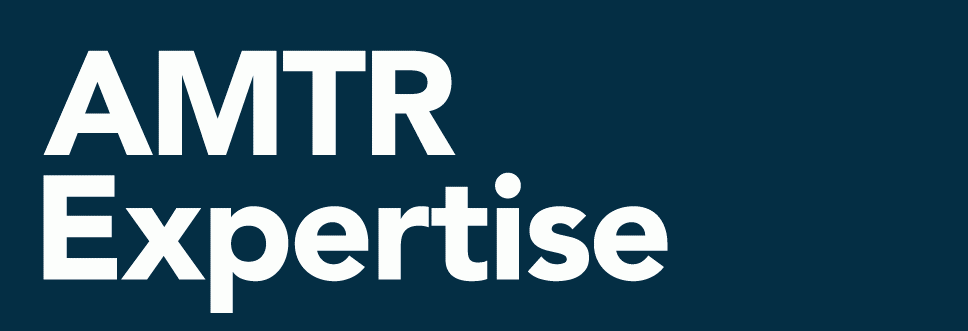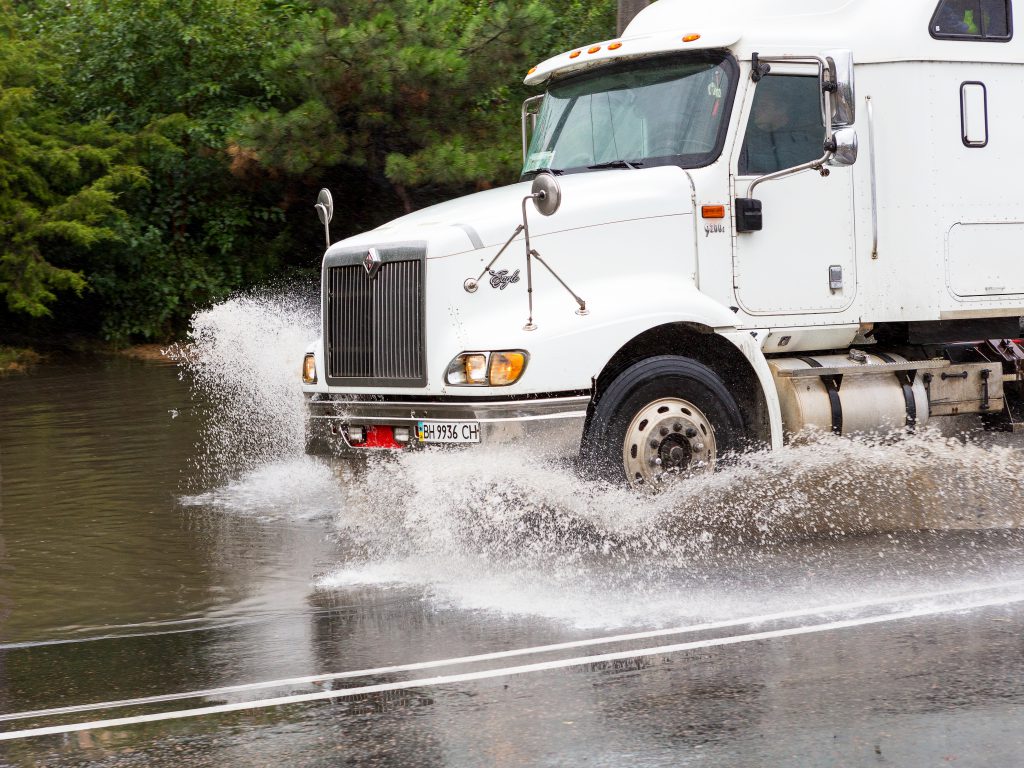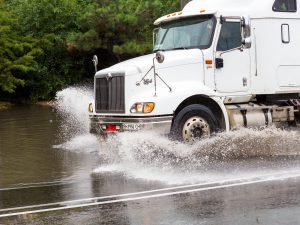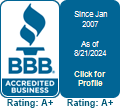According to the 2017 Trucking Perspectives report published in a recent issue of Inbound Logistics, the number one challenge faced by shippers is “reducing transport[ation] costs.” Seventy-nine percent (79%) of the Trucking Survey respondents stated that this is their greatest challenge, up from 71% in 2016. Rail shippers are similarly concerned about costs. As reported in the Soy Transportation Coalition’s annual Railroad Report Card released earlier this fall, rail rates were recognized as one of the top two issues.
When talking about reducing transportation costs, there are a number of strategies available to shippers, whether truck or rail. According to Alex Stark of logistics company Kane Is Able, some of the simplest strategies include: contracting steady volume lanes, developing relationships with carriers, increasing efficiency of load/unload times and shipping more product, less often. Of course, there are other front-end strategies to consider; however, implementing a less often thought of—but equally beneficial—freight cost audit on the back end of freight transactions is a strategy worthy of attention, as well. At AMTR, freight cost audits are our specialty. We help our clients reduce transportation costs—some to the tune of millions of dollars—through overcharge claims filing and recovery, freight-related data analytics, and by simply getting to know the ins and outs of their transportation business as if it were our own. Although we use state-of-the art knowledge-discovery technologies to enable our audits, our SMART, human transportation experts are always in the lead. If your company is looking for a NO COST way to reduce your transportation expenses, let’s talk some turkey. With AMTR SMART Auditing®, you will be saying thanks all the way to the bank.
The Trucking Conditions Index (TCI), published monthly by the freight transportation consultancy firm FTR, tracks the changes representing six major conditions in the U.S. truck market: freight volumes, freight rates, fleet capacity, fleet bankruptcies, fuel price and financing. The TCI is focused primarily on contract markets, not spot markets; however, the markets do interrelate.
As reported by Jeff Berman in Logistics Management, the most recent TCI, reported for the month of August, was a modest 1.41; this is a sharp drop from July’s 5.75 and the figure of 6.76 from the previous year. Although the index reading was substantially down, FTR cautions that the August number “is not wholly reflective of the current environment for truckers…[and it] reflects tightening conditions for hauling capacity.” FTR states that a positive TCI reading represents an adequate trucking environment, while readings above ten indicate prices, margin and volumes are in a range that is better for carriers. The August index of 1.41 showed only a “modestly positive” reading for market fleets, possibly signaling big changes ahead and a continued steady increase in spot market rates.
FTR COO Jonathan Starks points out that the increase did not happen all at once. Berman quotes Starks as saying, “… spot markets have actually been moving in this direction for the past year. Load activity was rising, truck availability was falling, and rates were already up over 20 percent year over year before the storms hit. Spot market rates are a leading indicator; and, although there is a lag, contract markets are starting to follow suit. Shippers are now taking notice and are getting worried about dealing with double-digit rate increases as we head towards bid season.”
West Memphis, Arkansas broke ground recently on a major port upgrade that will expand freight rail handling capacity. This $10.9 million intermodal project will connect two major interstates, two Class 1 railroads (BNSF and UP), and the city’s deepwater port. It is expected to be completed in March 2018. This port, which previously supported only 800 railcars per year, is expected to expand to 350 railcars per week upon completion. More info about how this project will affect the rail market can be found at: https://tinyurl.com/http-tinyurl-westmemphisport
Canadian Pacific (CP) is making plans to introduce new environmental surcharges to other Canadian provinces, in addition to those already established for British Columbia and Alberta. CP currently recovers these surcharges through the application of intermodal and carload surcharge rates. The plan is to expand the CP 9800 tariff to include added carbon taxes for each province in which it operates by the end of 2018.
Shippers and carriers share a greater amount of digital communication and connectivity than ever before. Emails, electronic load booking and cell phones are replacing faxes, phone calls and CB radios. This increasing “connectedness” should leave shippers and carriers alike contemplating how vulnerable they are to data breaches and what the implications of these breaches might be.
It was recently reported that the American Trucking Association is in the final stages of developing a cybersecurity incident and response service to address this very issue. The service, known as Fleet CyWatch, will aid carriers in reporting cyberattacks of on-board trucking data systems that could be used to further exploit carriers’ IT systems and infrastructure. It is important to note that this is a reporting/alert system; it cannot prevent cyberattacks.
Shippers should take note of carriers’ continuing investments into creating and reinforcing cybersecurity systems such as Fleet CyWatch. As the trucking industry continues to grow, shippers’ own IT systems can also be exposed to cybersecurity threats due to the high level of connectivity they and carriers now share. Compromised IT systems could mean the loss of critical data, including shipment information, payment records and images. As for AMTR, security is always a concern for us, as well, as we continue to implement industry-leading solutions to ensure our clients’ data is safe from compromise.
In the U.S., the recent presidential election has sparked new thinking regarding supply chain strategies in what may be a new era of Protectionism. Protectionism—an economic philosophy that centers on shielding a country’s industries from foreign competition—has many companies re-evaluating their supply chains. In a recent Harvard Business Review article, “Rethinking Your Supply Chain in an Era of Protectionism,” authors Justin Rose and Martin Reeves state, “Adjusting to new economic realities as well as political and economic uncertainties will require making supply chains more resilient.” They suggest that so much is changing in the world that even the “most fundamental assumptions [about supply chains] must be questioned.”
Of course, rail transportation is a significant element of many supply chains. This year alone, AMTR has seen numerous changes taking place with the re-emergence of the Surface Transportation Board and pending legislation issues. Although there is much uncertainty in the industry, AMTR’s knowledge of transportation, freight charges, billing issues and overcharge recovery processes will remain a constant. Whatever changes our clients implement in their supply chains, we will be there to ensure freight costs are kept at the absolute minimum and any unreasonable charges are identified.
CSX begins operations at Pittsburgh Intermodal Rail Terminal– A new intermodal rail terminal located in McKees Rocks, Pennsylvania began operations September 11th and provides shippers new transportation options to and from the area. CSX promises the new facility will expand markets across the country and the world, improve supply chain flow and reduce transportation costs.
INRD and CN make headway with intermodal partnership– According to Eric Powell, Indiana Railroad (INRD) Manager of Business Development, “The Port of Prince Rupert located on the Canadian National (CN) can now handle double the capacity of just a year ago, thanks to the addition of a second ship berth, four Super Post-Panamax cranes and on-dock rail.” As for the INRD portion of the intermodal service, “Our Indiana intermodal business to and from Asia and Europe has grown an average of 37% yearly since we opened in 2013.” Powell continues, “We at Indiana Railroad are proud to link Indiana with Asian and European trade–and we look forward to growing with [our customers].”
FedEx and UPS recently announced their 2017 holiday surcharge schedules. While both companies will institute surcharges over the holidays, they are each taking a different approach, giving customers a choice to make.
The good news is that FedEx will exempt customers from most holiday fees. Based on a statement released by the carrier on August 3rd, the only exception will be on large, bulky items that require special handling. For such items, the price will increase between $3 and $300 per package.
As for UPS, they will add a surcharge of 27 cents per parcel package beginning November 19th. An additional 97 cents per parcel package will apply from December 17-23. UPS spokesperson Glenn Zacarra stated that “…the company must double daily delivery volume for six to seven consecutive weeks to meet customer demands.” Small businesses and individuals will be subject to the fees, while large customers with contracts will not be affected.
Hurricane Harvey made landfall on the Gulf Coast at the end of August, quickly followed by Hurricane Irma moving in on Florida and Georgia. Now that the hurricanes have passed, FTR Transportation Intelligence has predicted that 25% of Gulf Coast trucking operations will remain impacted until the end of September.
Natural disasters and their effects are not new to the trucking industry. Flooding, a common result of hurricanes, can sideline trucks for days as they wait for roads to become passable, which can lead to an overall increase in prices. Following Hurricane Katrina in 2005, spot prices rose an average of 7% nationally for the next five months, while severe storms in the winter of 2014 led to a 22% increase in those same prices over the previous year. Shipping rates will not be the only ones affected. Approximately 30% of U.S. oil refining occurs in Texas, and weather-related impacts on fuel production can lead to changing fuel prices and shortages. In fact, north Texas experienced Harvey-related fuel shortages within a week of landfall.
This is not the first time, nor will it be the last, that Mother Nature will wreak havoc on the trucking industry. America, however, will keep on truckin’.
The southern U.S. has suffered a one-two punch with the landfall of two major hurricanes within weeks. Rail freight has ground to a halt on the Texas Gulf and lower Atlantic Coasts, with embargoes being placed on traffic into major hubs and ports. As with any service disruption due to weather or other circumstances, such as bridge or track construction, shippers should know they can search the AAR Embargo System (no account required) to find details on railroad embargoed locations: aarembargo.railinc.com/epdb.
For railroads, repairing damage and rerouting traffic is the focus right now. For shippers, however, damage control will also need to be a focus when the freight bills start arriving. Thousands of shipments will be affected and many complex situations will occur. Cars will be held, diverted or cancelled, or may have suffered damage that forces them to move in and out of repair shops. Shipments may be returned and volume commitments may also be affected. It is important to recognize that there are Force Majeure clauses in some carriers’ rules that allow adjustments so clients do not lose volume discounts. Finally, it should be noted that, in most cases, demurrage should not accumulate while cars are sidelined for “embargo hold.”
All these recent hurricane-related situations may have a dramatic impact on transportation operations and freight costs. We encourage shippers to stay in close contact with their carrier representatives to work issues. AMTR will be on your side, as well, using our powerful knowledge base and expertise to review any exceptional circumstances and moves to make sure the billing is correct.










